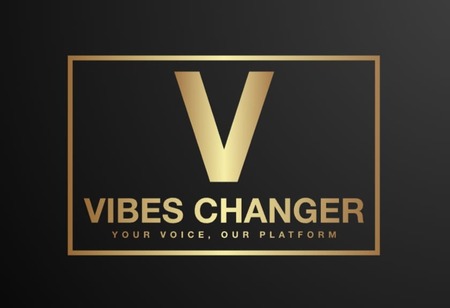In today’s fast-paced, always-on world, mental and emotional health are just as important as physical fitness. Thankfully, 2025 has brought a deeper awareness of the mind-body connection, and with it, a new wave of holistic practices that support inner well-being. Whether you’re looking to reduce stress, manage anxiety, or simply feel more emotionally grounded, the right exercises can make all the difference.
Here are some of the top exercises and activities to boost your mental and emotional health this year:
- Mindful Movement: Yoga & Tai Chi
Yoga and Tai Chi continue to reign as two of the most effective practices for calming the nervous system and connecting the body with the mind. In 2025, “NeuroFlow Yoga” has gained popularity—a blend of breathwork, gentle movement, and intentional pauses designed to reset stress patterns and promote emotional balance.
Why it works:
- Enhances body awareness
- Reduces cortisol (stress hormone)
- Improves emotional regulation
Try this: Start your morning with 10 minutes of slow-flow yoga or an evening Tai Chi routine in the park.
- Digital Detox Walks (Tech-Free Nature Time)
With increased screen time affecting our mental health, tech-free nature walks are one of the simplest yet most powerful ways to recharge. Known as “Green Therapy” in 2025 wellness circles, unplugging and immersing yourself in natural surroundings is shown to lower anxiety and improve mood.
Why it works:
- Reconnects you to the present moment
- Reduces overstimulation
- Encourages mindfulness naturally
Try this: Leave your phone at home and go for a 30-minute walk in a green space—just observe, breathe, and let your senses lead.
- Expressive Writing (Journaling 2.0)
Journaling has evolved. Now people are using AI-enhanced prompts and mood-tracking features in apps to help them reflect more deeply and stay emotionally in tune. Whether digital or handwritten, expressive writing allows you to process thoughts and release emotional tension.
Why it works:
- Organizes thoughts and emotions
- Helps identify patterns or triggers
- Builds self-awareness
Try this: Spend 5–10 minutes at the end of your day writing how you felt and what stood out emotionally. Don’t judge—just write.
- Cardio for the Brain
Movement isn’t just for the body—regular aerobic exercise, such as running, cycling, or dance workouts, can dramatically improve mental clarity, focus, and mood.
Why it works:
- Increases endorphins and serotonin
- Supports better sleep
- Lowers symptoms of depression and anxiety
Try this: Choose an activity that gets your heart rate up for 20–30 minutes, at least three times a week. Bonus: Listen to uplifting music while doing it!
- Group Connection Exercises
Human connection is medicine for the soul. From support groups to laughter yoga to team fitness classes, shared experiences can dramatically reduce feelings of isolation and promote emotional resilience.
Why it works:
- Strengthens social bonds
- Encourages empathy and communication
- Boosts oxytocin (the “connection hormone”)
Try this: Join a community wellness class, attend a group meditation, or simply have a deep conversation with a friend.
Final Thoughts
Mental and emotional health doesn’t come from one magical exercise—it’s built through consistent habits that nourish your body, mind, and spirit. In 2025, we have more tools than ever to support our well-being, but the core principles remain timeless: move with intention, express your truth, connect with others, and take time to simply be.
#Mindfulness2025 #Breathwork #MentalClarity #DailyCalm #EmotionalWellness #JournalTherapy #WriteToHeal #MentalHealthJournal #VibesChanger #BuzzCreatorsDigitalMedia


2 Comments
Pingback: Beyond Resolutions: The Fitness Revolution of 2025 - Vibes
Pingback: Exercise in 2025: Trends Shaping the Future of Fitness - Vibes